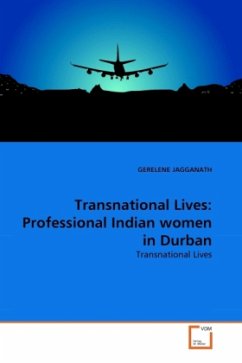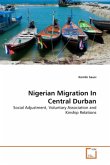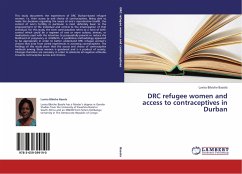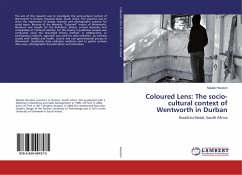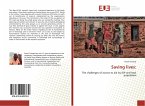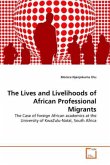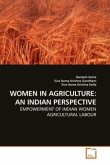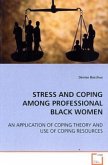The study details the transnational migrations of a sample of professional Indian women from Durban, KwaZulu Natal within the context of their historical transition from indentureship to transnationalism, and their changing social identities. The study problematizes migration research in South Africa based on the inadequacy of national databases, specifically with regard to the invisibility of racial, gendered and occupational data pertinent to the context of international skills migration. The rising number of Indian women transnationals of varying professional backgrounds, marital statuses and age groups leaving Durban since 1994 has led to the rapid transformation of the conservative Indian household. Their migration to first world destinations overseas heralds the impact of globalizing forces on knowledge workers in developing nations such as South Africa, as well as the increasing desire of the women to seek work and independence in social spaces that are free from patriarchal controls. Their subsequent identities within the duality of local and overseas contexts has become a terrain of negotiation and reconfiguration in their personal relationships and social practices.
Bitte wählen Sie Ihr Anliegen aus.
Rechnungen
Retourenschein anfordern
Bestellstatus
Storno

